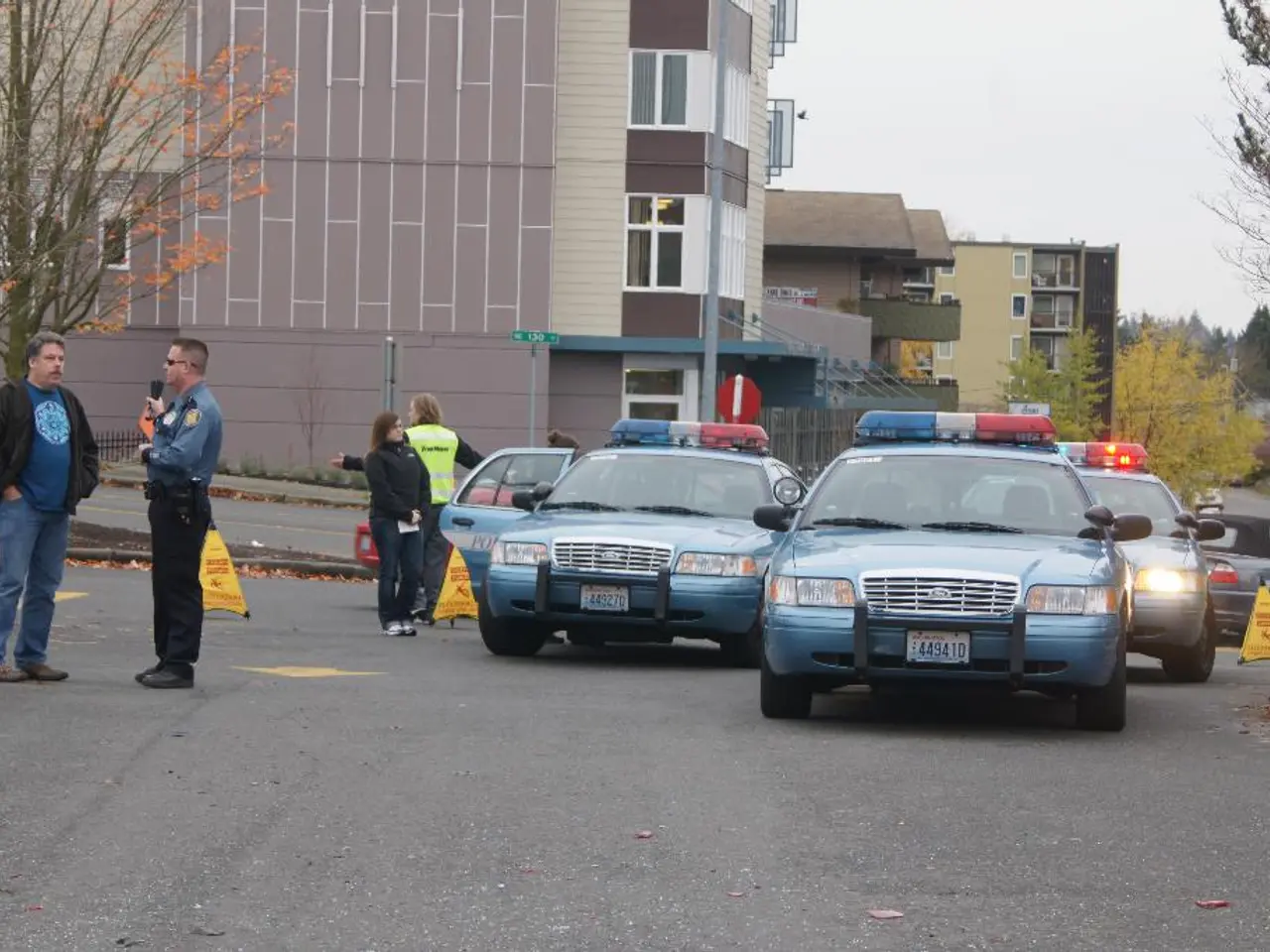Revamped Headquarters for the National Security Council
Germany Establishes New National Security Council to Bolster Cyber Security
Germany has established a new National Security Council (NSC) in 2022, as part of the CDU-SPD coalition, aiming to strengthen the country's security architecture, particularly in the digital and cyber spheres. The NSC is designed to overcome silo thinking in security policy coordination and set strategic security guidelines to coordinate civilian and military responses to crises more effectively.
The NSC's composition reflects high-level federal coordination, built upon existing bodies such as the Federal Security Council. It includes senior ministers responsible for crucial areas related to national security, such as the Chancellor (Chair), Finance Minister (deputy), Digital Minister, and other Federal Security Council members.
Unlike the long-established United States National Security Council (US NSC), the German NSC is a new structure intended to modernize and integrate security policy within Germany's federal government framework. While the US NSC, established in 1947, is a presidential advisory council with a wider and older mandate, comprising national security policy formulation and crisis management at the highest executive level.
Key differences between the two include the establishment, leadership, members, focus, and role. The German NSC is chaired by the Chancellor, while the US NSC is chaired by the President. The German NSC primarily focuses on enhancing cyber and digital security, overcoming silo thinking, and coordinating across civilian and military, whereas the US NSC advises the President, integrating intelligence, military, diplomatic initiatives for national security.
The new German NSC will have the ability to make final decisions, except when required by the Basic Law or a federal law. Decisions of the Security Council can be made public, and it will take over the tasks of the Federal Security Council and the Security Cabinet. Representatives of German security authorities, federal states, and other states (like the European Union or NATO) can participate in the National Security Council.
The NSC will meet in crisis situations, such as the Iranian attack on Iranian nuclear facilities in mid-June, the start of the Russian attack on Ukraine in February 2022, the chaotic evacuation from Afghanistan in August 2021, and a potential cyberattack on German authorities. No national security advisor will be appointed, similar to the USA.
The new German National Security Council will bring together information on internal, external, digital, and economic security. A staff unit for the National Security Council will be set up in the Federal Chancellery, creating 13 new positions. The CDU, CSU, and SPD have announced the establishment of a National Security Council in the coalition agreement.
The NSC will identify mid- and long-term threat scenarios, develop response options, and make appropriate preparations. The so-called portfolio principle will not be bypassed by the NSC. The meeting will take place at the Ministry of Defense in Berlin. A National Crisis Staff of the federal government and a National Situation Center in the Federal Chancellery are also planned. The rules of procedure for the new body will be decided at the next meeting of the Federal Cabinet on August 27.
The establishment of the German NSC is part of a broader trend, with the United States, the United Kingdom, and many other countries already having National Security Councils. The National Security Strategy developed under the current government will be updated by the NSC. Other members of the National Security Council will include ministers of finance, foreign affairs, defense, interior, justice, economics and energy, for economic cooperation and development, for digital and state modernization, and the head of the Federal Chancellery. Other members of the federal government can be drawn in as needed.
The NSC will meet regularly on strategic topics to provide strategic foresight and planning. The new body will meet in crises and develop strategies for threat scenarios, ensuring Germany is well-prepared for the evolving security challenges of the digital age.
- The National Security Council (NSC) in Germany, established in 2022, will also discuss general-news matters that have significant national security implications, such as international politics and service sectors critical to security architecture.
- As the NSC in Germany focuses on enhancing cyber and digital security, it will likely require coordination with various service sectors to ensure effective cyber security measures, especially in the context of growing politics related to technology and data privacy.





